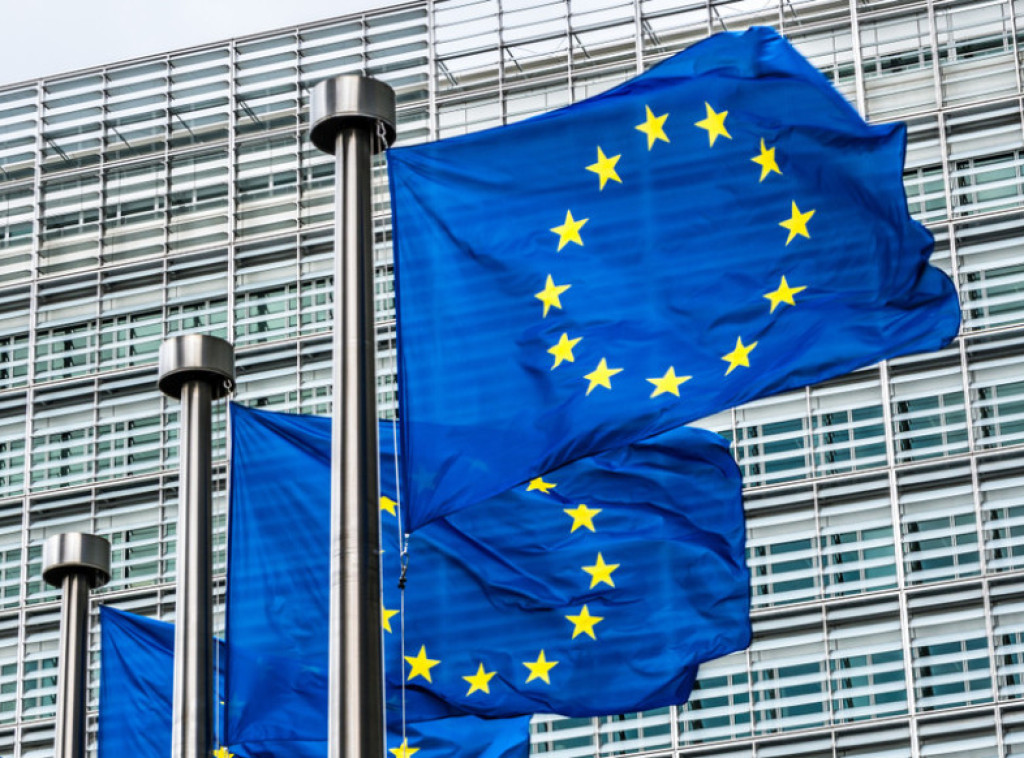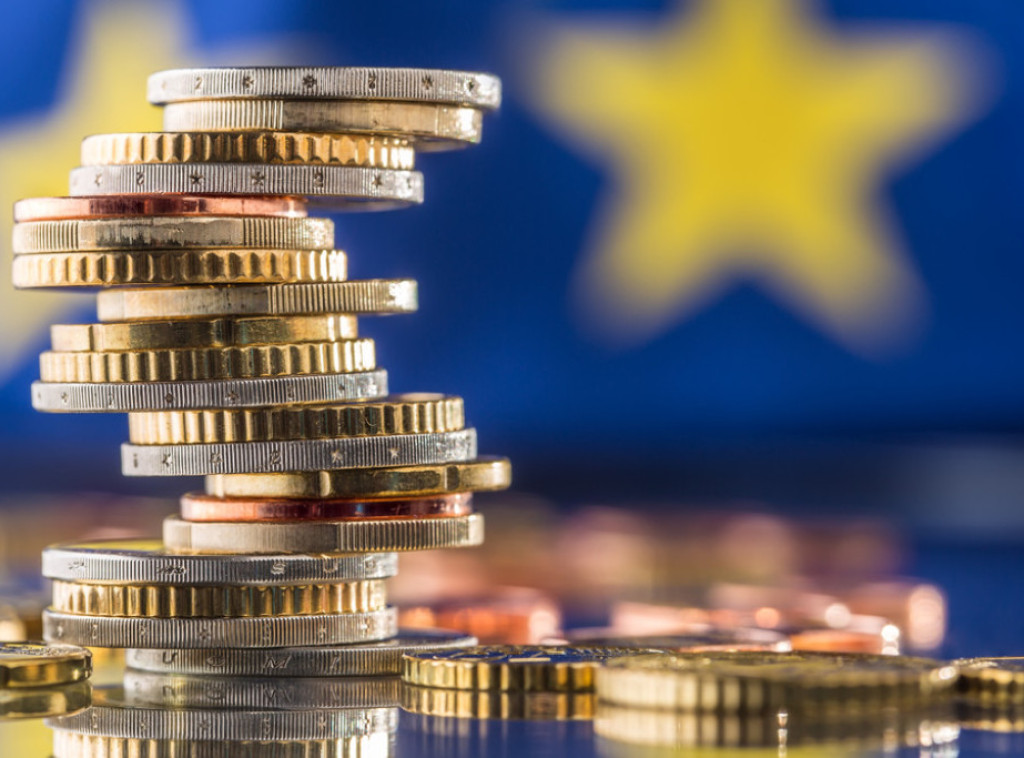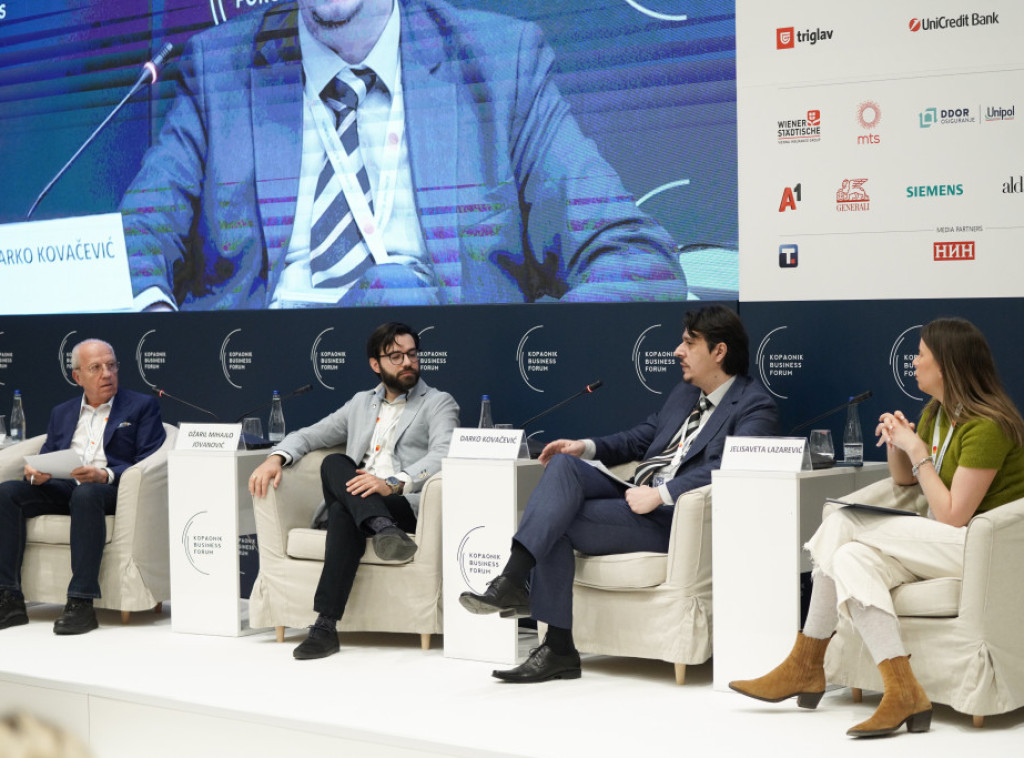Europol has reported that cybercriminals increasingly use citizens’ personal data as a high-value commodity. Stolen data rapidly spreads on the market and forms the basis for various illegal activities, including internet fraud, blackmail, and child exploitation. Criminals employ sophisticated methods such as phishing, malware, phone scams, and artificial intelligence to access sensitive information, which they then sell through the dark web and encrypted communication channels. The director of Europol’s European Cybercrime Centre, Edwards Schiller, emphasized the need to understand this hidden economy of stolen data to effectively defend against cyber threats.
Political Perspectives:
Left: Left-leaning outlets emphasize the social impact of cybercrime, focusing on the exploitation of vulnerable populations such as children and the need for stronger regulations and protections for citizens’ data privacy. They highlight the role of governments and international cooperation in combating cybercrime and protecting human rights online.
Center: Centrist sources report the facts about the rise in cybercrime and the increasing value of personal data in the criminal economy. They focus on the technical aspects of cyber threats, the methods criminals use, and the importance of law enforcement agencies like Europol in addressing these challenges. The narrative is balanced, emphasizing both the risks and the ongoing efforts to mitigate them.
Right: Right-leaning media often stress the dangers posed by cybercriminals and the need for robust security measures, including stronger law enforcement and intelligence capabilities. They may also highlight the role of individual responsibility in protecting personal data and sometimes link cybercrime to broader concerns about national security and border control.





































































